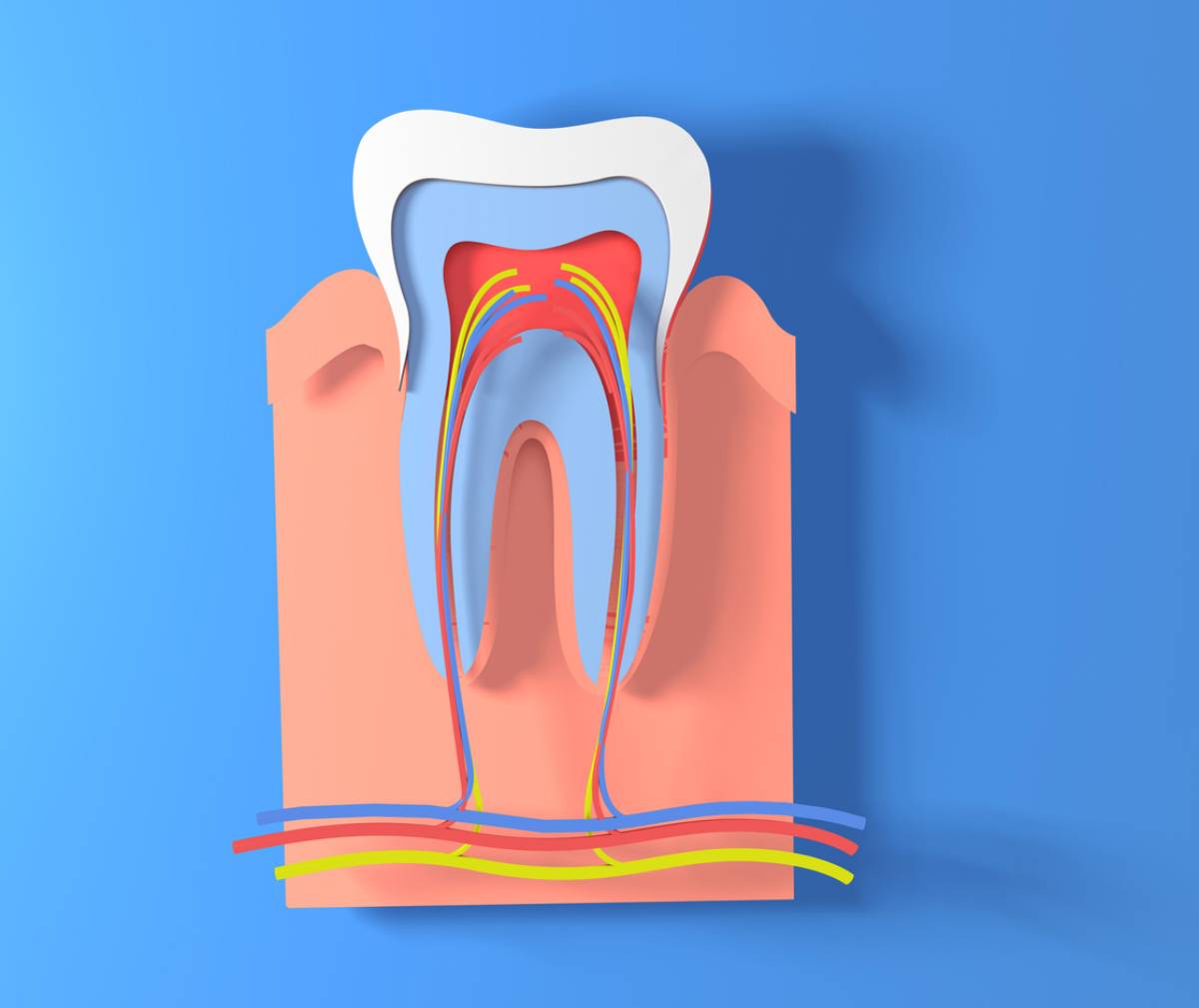If you are like most people visiting our dentist, then you may think of “root canal” as a bad word. At least, the term might inspire some fear or concern when your dentist tells you that you need to get one. But it’s important to go forward with your root canal as soon as possible to avoid the spread of decay. In fact, root canals can save your teeth and put your oral health on a much better trajectory. Below we cover the top 5 myths about root canals.
Top 5 Myths About Root Canals
Finding the best and most understanding dentist for a root canal is crucial for all of our patients, which is why we recommend that you start out with a personal consultation with our dentist in Mission Viejo. The first step in this consultation involves dispelling prevalent myths about this treatment. Are root canals painful? Are they truly necessary? All of these questions and more will be answered as we debunk the top 5 myths about root canals.
Myth 1: Root Canals Cause Sickness
Older root canal procedures might have posed risks of additional infections because of the open procedure, but modern root canals are the safest endodontic treatments on the market today. Don’t worry – you’re not at risk of contracting any diseases from a root canal. Saving your natural tooth is always a preferred option.
Our dentists guarantee that root canals are safe and won’t put you at risk of any disease. In fact, saving your tooth by wiping out its infection is more likely to bolster your body’s defenses against sickness, rather than causing it.
Myth 2: Root Canals Are Painful!
Many tales are told among friends and families about painful and perilous root canal experiences. Thankfully, this couldn’t be further from the truth. Modern technology has made this procedure virtually painless as the area is completely numbed. You can opt for local or complete anesthesia in certain cases. While mild swelling or soreness might occur during the healing phase, it will go away fast. You can talk to your dentist about what to expect if you are still worried about pain.
Myth 3: Recovery from a Root Canal Is Difficult
Some patients fear the recovery process more than the procedure itself, conjuring up images of staying in bed while in pain for several days. While some tooth sensitivity post-procedure is probably going to happen, it’s not so severe that it is unbearable. The endodontist removes the infected part of the tooth, and any discomfort typically lasts only a few days. Severe pain can be alleviated with prescribed pain relief medication. If anything seems amiss, you can get in touch with your dentist right away.
Myth 4: Root Canals Are Worse Than Tooth Extractions
Another misconception is that extracting the entire tooth is more effective than a root canal. General extractions might be less expensive initially, but they lead to long-term expenses due to the need for subsequent fillings and potential issues related to missing teeth. Root canals save your tooth and prevent further infections. It can also spare your tooth from having to be completely removed, which is costly and painful.
Myth 5: Root Canals Can Be Delayed
At the first signs of tooth decay, pain, or infection, consulting your dentist is crucial. Delaying treatment allows infections to spread, eventually affecting the tooth pulp and roots, necessitating a root canal. In most cases, this procedure can save your natural tooth by removing the infected pulp and nerves, preventing the infection from spreading further.
Contact us to explore Root Canal Treatments!
Our endodontic specialists can guide you through the best treatments for tooth infections. After consulting your dentist, you will gain insight into the safe and easy process of root canal therapy in Mission Viejo. Though root canal treatment might seem daunting, our friendly professionals will help ease your fears, making it as painless and productive as possible. From start to finish, the root canal experience should be swift and trauma-free. Reach out to our friendly dental experts today to schedule a personal consultation for the improvement of your dental health.




